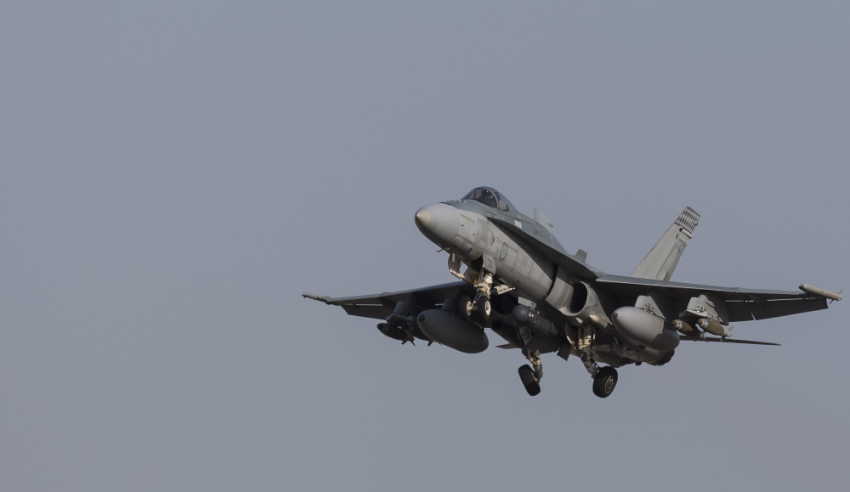The abolition of the temporary work visa (457) may see the Australian aviation community face serious consequences, with key changes excluding workers from both the commercial and defence industry.
To continue reading the rest of this article, please log in.
Create free account to get unlimited news articles and more!
On 18 April 2017, the Department of Immigration and Border Protection announced the abolition and replacement of the 457 scheme.
The changes have seen pilots and avionic engineers totally excluded, while airframe/engine engineers are only eligible for temporary visas without any access to residency.
The Regional Aviation Association of Australia later stated these changes may have some serious unintended consequences for the aviation community.
According to a Rotorcraft Asia Pacific report, these changes are just another hit to the industry, which has already suffered over the past five years.
"The Australian aviation community has suffered from their regulator undergoing an internal restructure and losing their new CEO. During this difficult time, they started the process of converting the old Civil Aviation Regulations into the EASA-aligned Civil Aviation Safety Regulations," the report said.
"Industry has reported this caused a shortage of skilled workers; such as senior pilots and qualified engineers. In the past, some relief was obtained by bringing in overseas staff using the temporary work visa (457) processes."
Defence industry professionals have also echoed their concern with these changes, with one key company, speaking off the record to Defence Connect, saying it will hinder the industry's ability to enhance its skills and capabilities.
"This will also have an impact on the defence aviation sector, where Defence relies on defence contractors being able to resource globally scarce high-end military pilot skillsets from both within Australia and internationally to build an Australian workforce, [and] to deliver services across a range of ADF contracted aircrew training programs," the company said.
Key changes to the rules are:
• The new visa program will include requirements around work experience, English language proficiency and labour market testing;
• The new visa will include a short-term two-year stream with a broad list of occupations reduced from the current list of more than 200;
• A second visa class, focused on strategic, long-term skills gaps will have a four-year limit and require a higher standard of English than the two-year visa;
• Both visas will require prior work experience;
• Australian workers must have priority; and
• Both visas will require a criminal record check, which is not currently required.

 Login
Login







